Search Results
Showing results 1 to 20 of 477
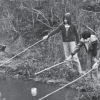
Attract a Fish
Source Institutions
This outdoor activity/field trip requires a place where minnows swim, such as a local pond or brook.
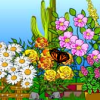
Animal Attraction
Source Institutions
Investigate a flower's power of marketing by making an imitation flower that successfully signals a bee (or other pollinator of your choice) to visit.
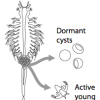
Abuse-a-Cyst
Source Institutions
In this activity, learners examine how brine shrimp populations can survive in some of the harshest environments.
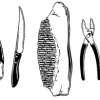
Fossilized Dinosaur Teeth Adaptations
Source Institutions
In this activity, learners use models of fossilized dinosaur teeth to understand how dinosaur teeth were used.

Patterns and Relationships: Here, There & Everywhere
Source Institutions
In this math activity, learners use a variety of sensory modalities to gain experiences with identifying, describing and creating repeating patterns.
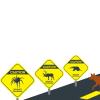
Caution! Wildlife Crossing
Source Institutions
In this design challenge, learners use their creativity and imagination to design and test a wildlife crossing for their favorite animal.
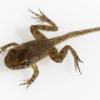
From Polliwog to Frog
Source Institutions
In this activity, learners discover how frogs' bodies change while growing from a tadpole to a frog. Learners create a simple craft that gives a visual display of the metamorphosis process.
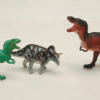
Join the Dinosaur Age
Source Institutions
In this activity, learners rotate through several learning and play stations to explore dinosaurs and paleontologists.
What Do Birds Do?
Source Institutions
This activity (located on page 3 of the PDF under GPS: Cave Swallows Activity) is a full inquiry investigation into bird behaviors.
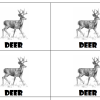
Deer Me: A Predator/Prey Simulation
Source Institutions
In this activity, learners will simulate the interactions between a predator population of gray wolves and a prey population of deer in a forest.
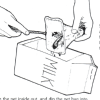
Water Holes to Mini-Ponds
Source Institutions
Dig a hole, line it, fill it with fresh water, and you have a water hole: a good place to study colonization.
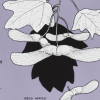
Seed Dispersal
Source Institutions
In this outdoor activity and bingo-like game, learners explore why and how seeds spread far from the plants that produce them.
Bee Talk
Source Institutions
In this activity, learners smell bottles containing bee pheromone molecules (or herb/spice extracts as a substitute). Bees release these molecules to send messages to each other.
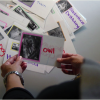
Sound Charades
Source Institutions
In this game, learners create flash cards with an image on one side (of an animal, for example) and the sound that animal makes on the other.
Mercury in the Environment
Source Institutions
In this environmental science lesson, learners will examine the dangers of mercury and how humans contribute to growing mercury emissions on Earth.
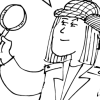
Disease Detective
Source Institutions
This activity (on pages 35-43) lets learners analyze a "herd of elk" to detect the spread of a bacterial disease called brucellosis.
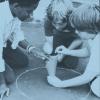
Isopods
Source Institutions
In this outdoor activity, learners dig for and collect isopods (sometimes known as "roly-poly bugs" or "potato bugs" and other names).
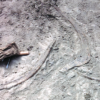
Kelsey: Clues of the Dig Site Map
Source Institutions
In this activity, learners explore dinosaur fossils and a dig site. Learners work in groups to analyze a dig site map and match bones to a skeletal drawing of Kelsey (a Triceratops).
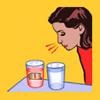
Shark Sense of Smell
Source Institutions
This is an activity about our sense of smell and how it compares to sharks' super noses. Learners will create varying solutions of water and perfume.
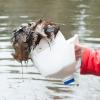
The Scoop on Habitat
Source Institutions
Some aquatic organisms live in open water, while some live in soil at the bottom of a body of water.
